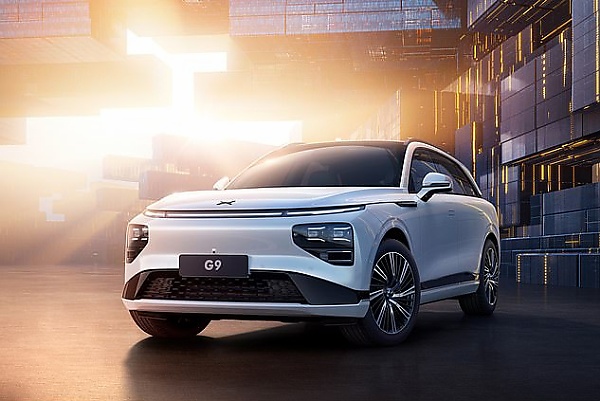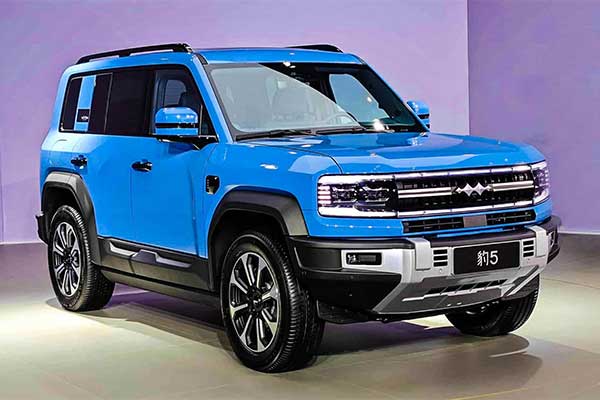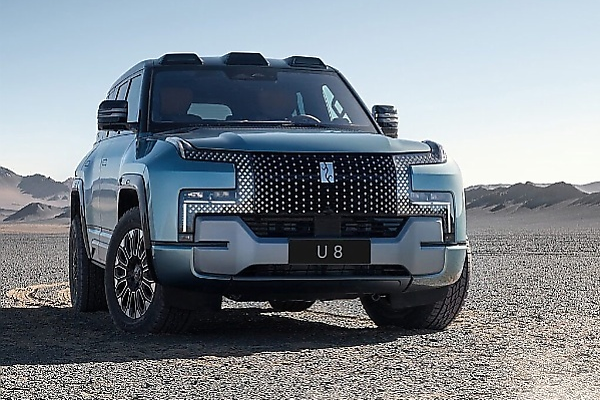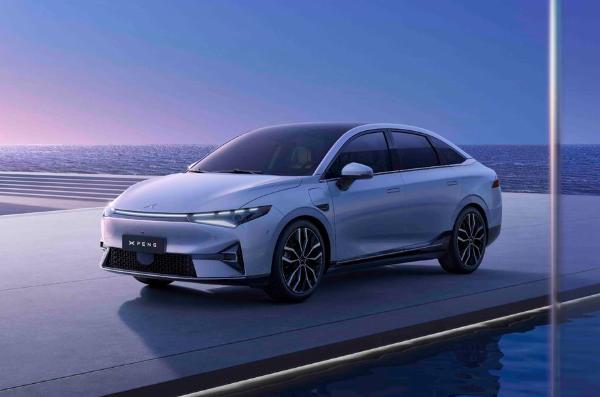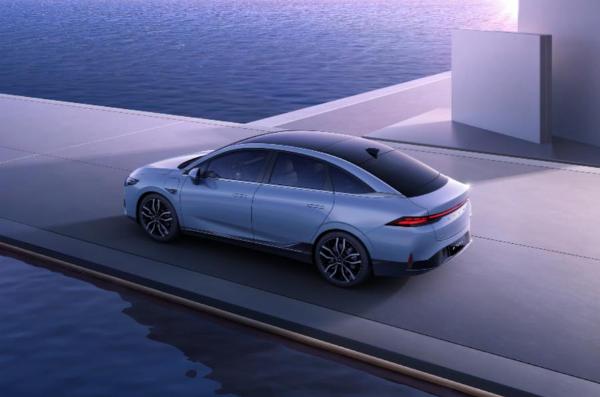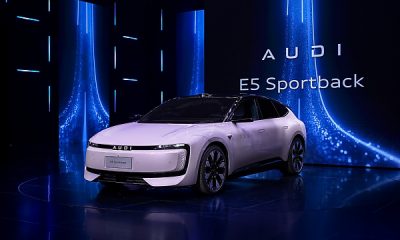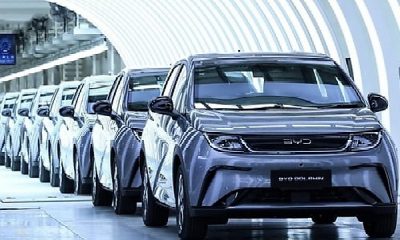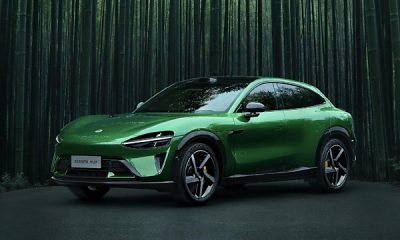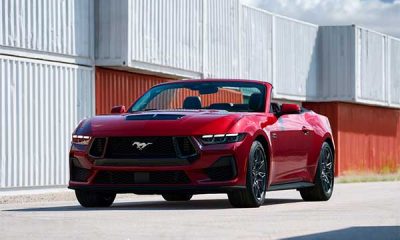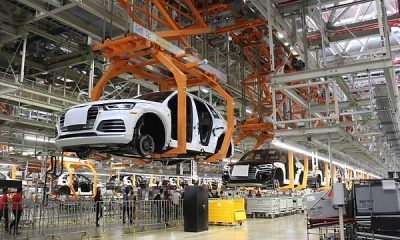News
China’s Car Sales Plunge In January
-

 News1 week ago
News1 week agoLagos Blue Line Raises Daily Trips To 90, LASTMA Arrest 7,000 Vehicles In H1, FRSC Can Arrest Motorists With Non-reflective Plate, News In The Past Week
-
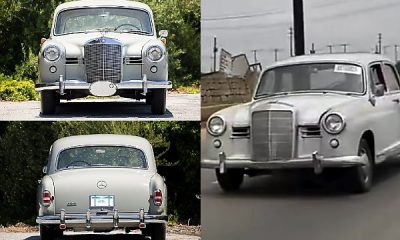
 News1 week ago
News1 week agoClassic 1950s Mercedes-Benz 180 ‘Ponton’ Spotted Cruising Majestically On The Nigerian Road
-

 News1 week ago
News1 week agoToyota Motor Corporation (TMC) Announces April Through June 2025 Financial Results
-

 News1 week ago
News1 week agoOPM Founder Takes Delivery Of Electric Vintage Car And A Golf Cart Gifted By His Chinese Partners
-

 News4 days ago
News4 days agoNow Restored : Cristiano Ronaldo Seen Driving His $2.2M Bugatti Veyron, Three Years After Crash
-
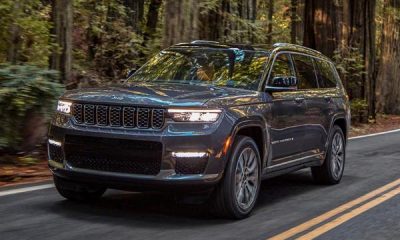
 Latest Cars1 week ago
Latest Cars1 week agoJeep Set To Unveil Facelifted Grand Cherokee And Grand Wagoneer SUVs
-
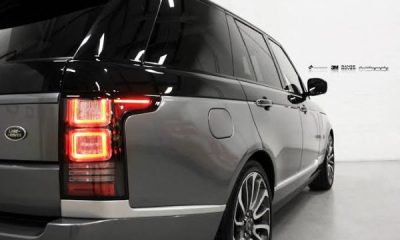
 News1 week ago
News1 week agoNigeria Police Extends Grace Period For Enforcement Of Tinted Glass Permit To October 2nd 2025
-
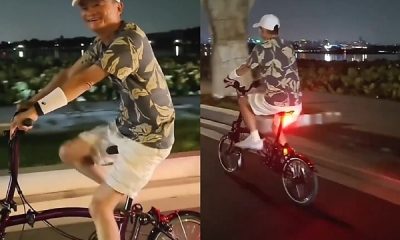
 News1 week ago
News1 week agoRicher Than Dangote : Billionaire Jack Ma Seen Riding Bicycle On Chinese Streets Without Security Guards

